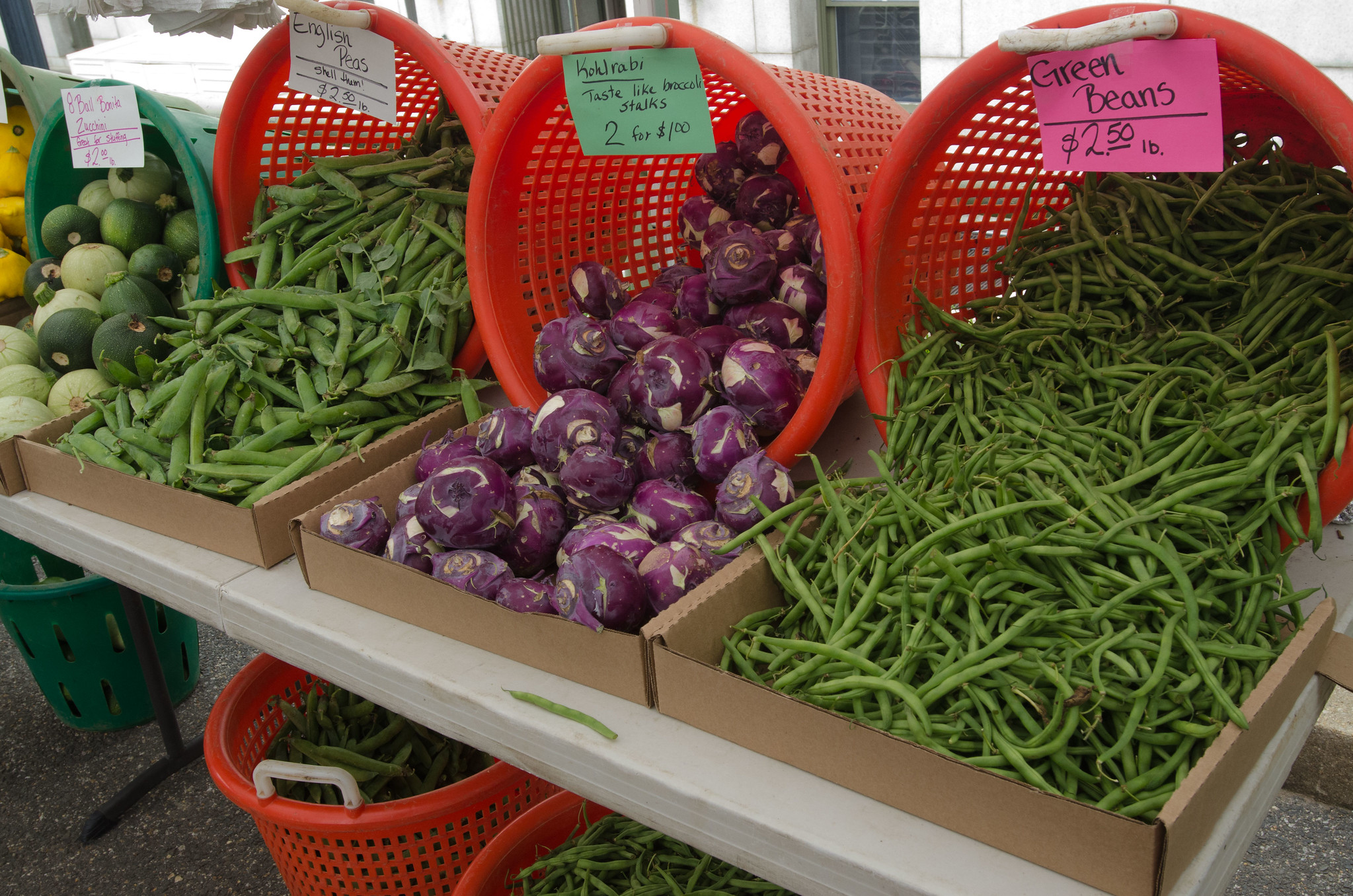
Nov 10, 2021
$20M on tap for organic growers’ post-pandemic assistance
Money is on the table for U.S. organic growers – $20 million, exactly.
The USDA in early November opened the application process for funds for growers who are organic or in the process of transitioning their farm operations to organic.
The funds are available through the Organic and Transitional Education and Certification Program (OTECP) as part of USDA’s broader Pandemic Assistance for Producers initiative, which provides new, broader and more equitable opportunities for farmers, ranchers and producers. Applications opened on the Farm Service Agency’s (FSA) Farmers.gov website Nov. 8 and will run through Jan. 7, 2022.

“This program is really aimed at those producers that want to take advantage of the opportunities that exist in organic production as they look to reposition themselves in a post-pandemic post-COVID marketplace,” FSA Administrator Zach Ducheneaux said in an interview with Organic Grower.
OTECP is funded through the Coronavirus Aid, Relief and Economic Security Act, aka the CARES Act. Certified operations and transitional operations may apply for OTECP for eligible expenses paid during the 2020, 2021 and 2022 fiscal years.
Funds are available for organic certification, fees related to organic transition and organic education.
Eligible certification costs include application fees, inspection fees, USDA organic certification costs, state organic program fees. Growers may be eligible for up to $250 per certification category – categories include crop, livestock, wild crop and handling.
Crop and livestock operations transitioning to organic production may be eligible for 75% of a transitional operation’s eligible expenses, up to $750, for each year – an example would be fees charged by a consultant for pre-certification inspections and development of an organic system plan.
On the education side, OTECP covers 75% of the registration fees, up to $200. Finally, farms may be eligible for 75% of the expense of soil testing required under the National Organic Program (NOP) to document micronutrient deficiency, up to $100 per year.
Growers can apply through their local farm service center, which they can find at https://www.farmers.gov/working-with-us/USDA-service-centers.
Ducheneaux said the goal of OTECP is to add stability to the U.S. food supply.
“One of the things that the pandemic made clear is that our food system and our means to deliver nutrition to people is fragile,” he said. “We saw store shelves go bare right next to the pastures that stock them. And I can speak from personal experience, back home, where we raised a lot of beef cattle, there was no meat in the meat counter at our local store. So people are more and more aware of their food, and because of that, concerned about where it comes from. As our organic producers look to position themselves more strongly in that industry of providing food, this organic transition program will help.”
At the program launch, Ducheneaux said it was hard to estimate how many growers the program would reach.
“We’ll take the applications, evaluate what the need is and then we’d have to apply a cost factor across that so that producers would receive a prorated payment, but our hope is that we can meet the need for the program, and prove the value of the program so that appropriators can continue to find value in it.”
He added that organic agriculture, while a small part of agriculture overall, is still of high interest to the USDA.
“I think that it’s a growing segment and as our consumers get more educated about the nature of the products that they’re using, more and more attention is going to be received by our organic producers,” Ducheneaux said. “Also, it’s enhanced by the administration’s climate-smart ag and forestry initiative when you talk organic or climate-smart or mitigating climate change. A necessary component of that is soil health. Soil health can be built through organic practices, so I think we’re just at the leading edge of this right now. I think it’s going to be a growing movement.”
Specialty crops such as fruits and vegetables – and even small farms – are a large focus of the current administration, he said. Ducheneaux contrasted that with a statement former Secretary of Agriculture Sonny Perdue once made about the business model of family-run dairy farms.
“In the previous administration, the Secretary of Agriculture had said producers need to get bigger (or) get out and that is decidedly not our approach,” Ducheneaux said. “We are interested in helping producers at all scales and all levels and all manners of production, try to find some economic security in their production, so that we can move to a place where we can have farmers, ranchers, producers, growers make more of their income be treated more equitably as they feed and clothe America and beyond.”
In a mid-June media call rolling out the $20 million in funding, current U.S. Secretary of Agriculture Tom Vilsack said small growers might consider going organic as a way to stay in business.

“There are a number of producers who have expressed interest to me, and to the department, a willingness and interest to retain their size, but recognizing that as a small and mid-sized producer, they may have a difficult time generating sufficient profit to maintain their farm,” Vilsack said. “So, they’re looking for a way to increase value. One way of increasing value is to become an organic producer, but of course, to be able to do that, you’ve essentially got to go through a three-year period of time. And during that three-year period, as you’re transitioning your land so you can satisfy the requirements of the organic program, you’re obviously going to see even less income than you were experiencing before.”
In a news release about the program launch, Vilsack said the payments are meant to support “those who need it most.”
“The economic challenges that arose due to the pandemic made obtaining and renewing organic certification financially challenging for many operations,” he said.
Above, fresh vegetables from C & T Produce at the USDA summer farmers market. Photo: Lance Cheung/USDA






